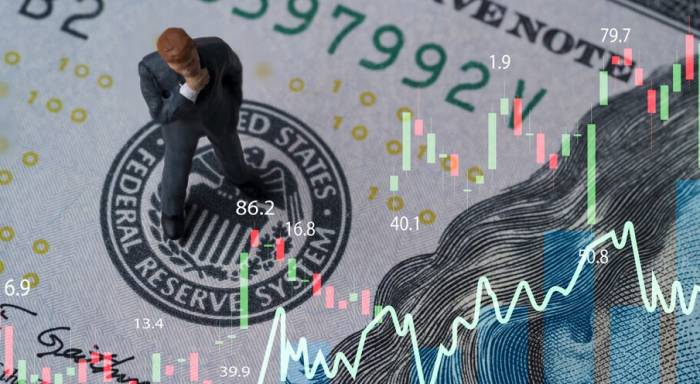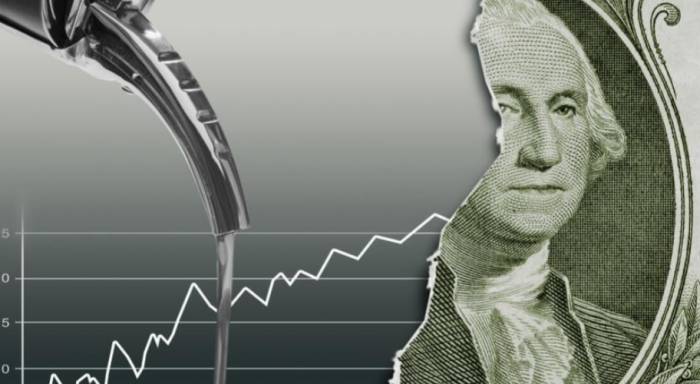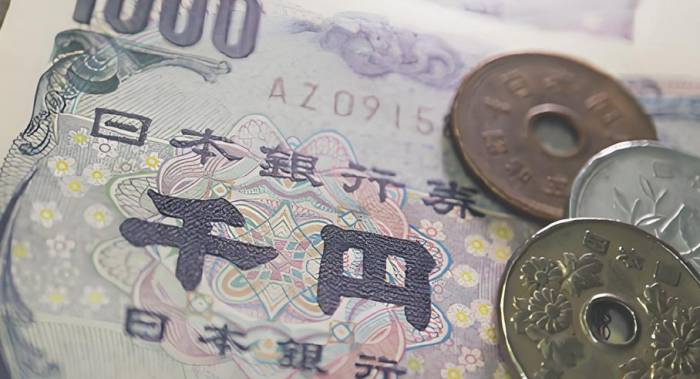In recent years, the turbulence of the global bond market has stood out as a significant concern for governments regarding their fiscal policies. This volatility experienced a remarkable evolution over the past two years involving pivotal economies such as the United Kingdom, France, and the United States. While their circumstances differ, they share a common element at play—the watchful eyes of overseas debt holders who are increasingly becoming the “guardians” of bonds, showcasing the critical impact of their considerations on national fiscal policies.
The term "guardians of bonds" refers to those investors who, through strategies that result in depressed bond prices and rising yields, can compel governments and central banks to make policy shifts. These entities typically maintain a vigilant stance towards unsustainable fiscal strategies and utilize market tactics to voice their concerns about such policies, aiming to sway government fiscal and monetary stances.
A closer examination reveals that France's situation is particularly complex, primarily due to the high ratio of overseas debt holders to its overall debt. While concerns over national debt burdens sparked sharp increases in bond yields in the U.S. and the U.K., the recent voting scenario in France has often been described more as a political paralysis than a straightforward financial crisis.
Two years prior, the controversial mini-budget proposal of then-UK Prime Minister Liz Truss ignited significant swings in the yields of gilt-edged bonds. This turmoil led to a historical sell-off of U.K. securities, causing both the pound and government bond prices to plummet. Although aimed at stimulating economic growth through significant tax cuts, the negative market reaction stemmed from fears over fiscal sustainability amid rising deficits.
Meanwhile, the U.S. bond market is embroiled in its own challenges, particularly with the 2024 elections looming. Proposed policies aimed at tax cuts, increased tariffs, and other growth-promoting measures have aroused apprehensions concerning the potential escalation of the national debt. As a reflection of these fears, bond yields in the United States began trending upward in November, indicative of the growing concerns among investors.
In France, governmental stability has been compromised by ongoing political crises, which have led to extreme fluctuations in the bond market. Yields on French government bonds have plummeted to levels comparable to Greece, reviving worries reminiscent of the European debt crisis experienced 15 years ago. Robin Marshall, Director of Global Investment Research at FTSE Russell, elucidated in an interview with MarketWatch that the alarming reality of France's situation is the ratio of foreign debt holders soaring to about 50%. This precarious foreign ownership typically carries a high degree of instability.
Marshall noted, “After adjustments to Eurozone ownership, this share has dropped to approximately 40%, but the level of foreign ownership remains significantly elevated.”
As France grapples with escalating public debt, the government plans to implement a series of austerity measures starting in 2025, which include raising taxes and cutting back on public spending. However, this initiative faces fierce opposition from domestic parties, particularly from the far-right National Rally, which argues that such austerity measures will further burden the citizens. France’s debt-to-GDP ratio now stands at a staggering 112%, and without effective strategies to reign in debt expansion, the nation could suffer from potentially severe fiscal crises.
The fluctuations in the bond market underscore how political decision-making transcends mere economic growth expectations and deeply informs fiscal health. Marshall emphasizes that the dynamics in France starkly contrast those observed in the U.S. and the U.K. Investors in these nations are apprehensively pushing yields up due to worries that new policies may worsen their national debt predicament.
“However, this recent voting context in France feels more akin to political paralysis,” Marshall contended.
For the United States, proposed policies present valid arguments for stimulating economic growth in the short term. Initiatives such as increased investment in infrastructure or tax incentives could rapidly invigorate related industries. Yet, the looming specter of increased debt obligations fosters discomfort among investors. Notably, U.S. Treasury yields surged from approximately 2.50% at the beginning of the year to around 4.20% currently, signaling a palpable unease within the market about American fiscal strategies, as rising yields typically illustrate heightened risk assessments and doubts regarding future repayment capabilities.






























Join the Discussion